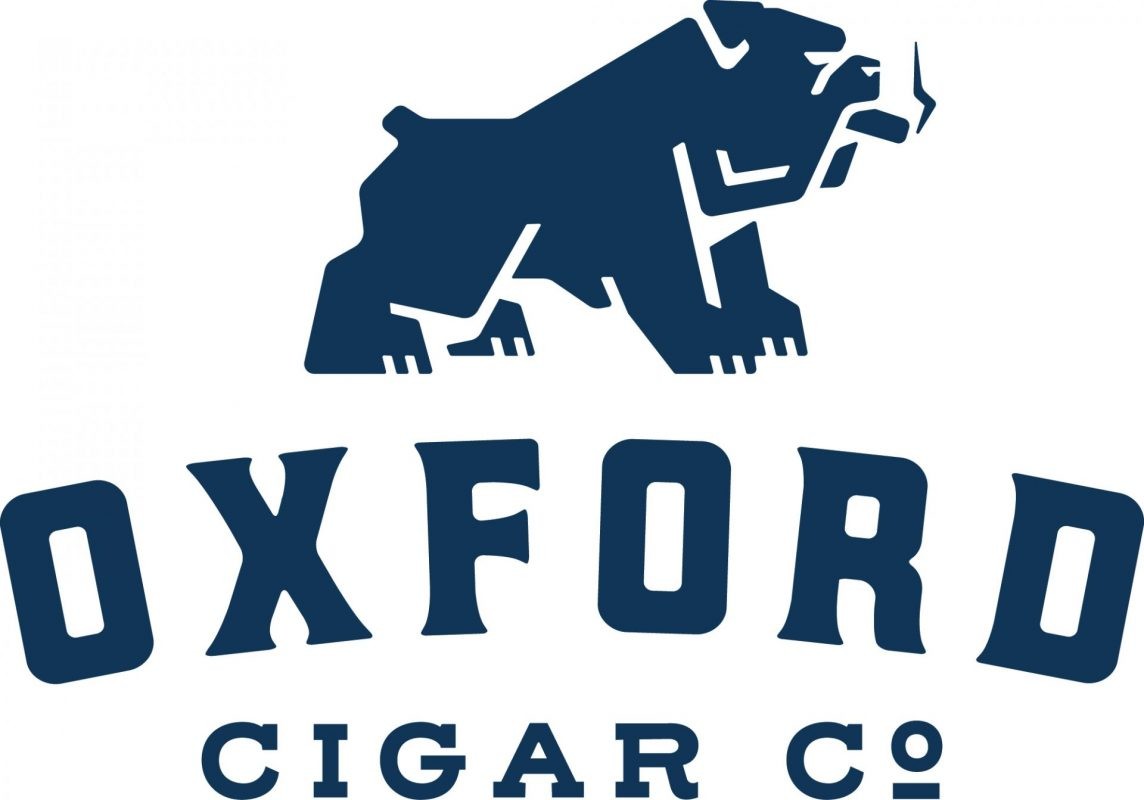News
The Real Donnie Brasco
Fuhgeddaboudit: “Everyone is Fascinated with the Mafia,” says the real Donnie Brasco
Before he was an FBI agent, Joe Pistone was a wise-guy-in-training in his native Paterson, New Jersey, hanging out in after-hours gambling joints, with Mob ties NOT optional.
“I grew up in an all-Italian neighborhood and didn’t know gambling was illegal until someone told me,” Pistone says. “Everyone had a bookie.”
The experience came in handy when, in his mid-20s, he became Donnie Brasco, the iconic undercover fed who spent five years infiltrating some of the nation’s biggest Mafia names. Pistone-as-Brasco posed as a jewel thief as he learned how various rackets were organized and where they operated, an infiltration that covered several states.
“I could fit in at any gambling house, so I didn’t have to present myself as something I wasn’t,” he says of his successful ruse.
Pistone’s work and subsequent years of courtroom testimony led to over 100 federal convictions of pivotal organized crime figures, including members of the Bonanno family, one of the top five Mafia operations in the U.S.
Pistone, 84 years old, parlayed a 17-year career in law enforcement into a creative kingdom that includes books, television shows and the big daddy, “Donnie Brasco,” the 1997 film featuring Johnny Depp as Pistone. Depp led a cast that today includes some of the best of underworld acting: Al Pacino, Michael Madsen, and Bruno Kirby, with Anne Heche playing Pistone/Brasco’s wife and James Russo as a Bonanno foot soldier.
Pistone has noticed that like an aging-but-famous rock band, his craft – stories of the Mob – gains new followers with each generation.
“I’m still amazed how many people recognize Donnie Brasco,” he says. “I give lectures and I see people in their 20s, 30s, 40s out there.”
For that reason, a cigar line – nothing official has been announced at press time – is one more project he’s considered to add to an impressive CV.
“I figured there has to be something to this [Mob recognition] because a lot of them are cigar smokers,” he says.
It will be hard to top a list of accomplishments that includes the 1988 memoir that started it all, “Donnie Brasco: My Undercover Life in the Mafia.” The movie deal followed, as well as Falcone, a nine-episode TV series also based on the book. Two more non-fiction books, a series of fictional tales and more video projects followed, all using the Mafia as part of the story line.
Today, Pistone still lives in relative seclusion, always cautious about who knows his whereabouts and any other identifying information.
“I still pay attention,” he says. “What you worry about is a cowboy, someone that recognizes that they would be famous, and there’s plenty of those out there.”
His neighbors don’t know who he is.
When he travels, he has several identifications he can use but he has no security detail. The IDs were set up “a long time ago,” he says, back when he had a $500,000 contract out on his life. As a result of the bounty and potential danger, his fallback safety valve is emotional distance.
“I’m not that friendly, so I don’t talk to many neighbors,” he says. “It’s just easier anyway if neighbors don’t know anything. No one can let [things] go anyway and if they start asking questions, I have to be rude. So I find it better that I don’t know my neighbors.”
Cigar Snob spent some time on a call-in number phone conversation with Pistone. We told him he could just call us, but then we’d have his phone number. We aren’t cowboys, but Donnie Brasco just can’t take chances.
Photo credit: Joe Pistone
What’s your history with cigars?
My first cigar was a Parodi, the Italian stogie. My uncle smoked ‘em, I was in my 20s and I said, ‘let me try one of those.’ I thought it would kill me. But I smoked a few more and they weren’t all that bad. Then I was in the FBI and sitting on surveillance, you had a lot of time and you could smoke back then, so that’s one of the things we did. But by then I was in Florida, and in Tampa, I was getting the real thing from Cuba, this was the mid-to-late 70s. At least they said they were Cuban. A couple years ago I had a Cuban cigar and I realized that they are making better cigars in Nicaragua now. I like a heavy, flavorful smoke, full-bodied. I go to smoke at a couple of clubs around where I live, or I smoke in the garage.
How was Donnie Brasco born?
I was assigned to Jacksonville and did some undercover but that wasn’t my regular assignment. I did bank robberies, fugitives, gambling. But just light undercover. Everything I did, including deep undercover, was optional. It all depended on the situation though. I was on one case, a car theft ring, for a year and a half. So I’d do that and other things, six months here, six months there. It depended on the crime. I first used Donnie Brasco on that car theft ring. I took Donnie from my middle name, Dominick. So I had all the background stuff in place, my driver’s license and everything, so it didn’t make any sense to change when I went to deep undercover. Once I did that, I had a whole new life, I could not go home at night, I had my own apartment. I was that person.
There was a point while you were undercover in which you were going to be involved in the killing of three capos, as part of a clean-up crew, which clears the blood and evidence. How did you navigate that kind of thing as an agent, since you could not commit a crime like murder, even in your role?
That was called off, I was canceled as clean up at the last minute. I didn’t know I was going to be on the crew but when the contract came out, I was there. Later there was a contract to kill someone and I got the contract to do that but that never happened either. I later found out that if I were supposed to kill someone as an undercover agent, they would have had the FBI grab the intended victim, then the murder would be staged like in the movies. They would have made it look like a hit. The FBI does good planning.
Writing is hard work and writing books is even harder. How did you come into this?
In the FBI, you gotta write a lot of reports. Every time you interview someone, to make a case you have to put it down on paper. But when you write a book, you have to put everything together so that chapter seven ties in with chapter two so that was really different. I had good teachers and good co-writers. They would edit things and tell me to go back and do this or that. I sat down with several big-name authors who wanted to be co-writers on the first book, but at the end of the conversation they were telling me, ‘this will need this or that,’ and I’d say, ‘that never happened.’ Their response was that ‘well, we need to sell this book.’ So I went with Richard [Woodley, true crime author, former newspaperman] because he said up front that ‘this is your book, you write it and I will clean it up.’ We started in 1987 and it came out in 1988, so it took about a year. It was good to have all the material and I had my reports to refer back to. And I did smoke a few cigars when I wrote the book. It came out great, it was a New York Times best-seller.
Did you call Hollywood for the movie or did it come to you?
I had no intention of writing a book, or intention of doing anything but completing the case. But a friend of mine from high school, Lou DiGiaimo, had done casting for Barry Levinson, Ridley Scott and these big guys. I was testifying one day and I hadn’t seen Lou for a few years as I was undercover. And he’s in court and comes up and talks with me, he says ‘you’ve got a helluva story and a book.’ I just said ‘nobody gives a shit.’ I couldn’t do anything anyway because I am giving testimony, it’s national news but I couldn’t do anything anyway, I’m still working cases. But I left the FBI and so then I could do it. Through Lou, I got the book deal and then once that was done, Lou came back with Barry Levinson, we sat down and I signed with his company.
You were on set for the shooting of Donnie Brasco, which was done mostly on site, that is, in and around New York and Little Italy, where a lot of the real action took place. How was the experience?
I cooked lunch for people in Johnny Depp’s trailer. I had a trailer on set but mine was just a small one. It didn’t have cooking facilities, so I made Sicilian steak, pasta, whatever we decided to have. Johnny’s was the place to be. I spent a lot of time with him, and I spent two weeks with Al [Pacino] before the shooting started and during the shoot, he would talk with me. I spent time with Michael Madsen, James Russo, Bruno. There wasn’t a single one of them that was full of themselves. Anne Heche spent time with my wife. Al should have gotten the Academy Award for his work. I think Dustin Hoffman said that at some point. Al would ask, ‘would Lefty (his character) have said this? Would he act like this?’ They wanted to get the dialog right and there was no one who didn’t want my input, they were all so gracious.
What percent of the movie was accurate?
I’d say 85 to 90 percent. They really stuck with the truth as much as possible, which is what Barry wanted. But there were things, they gotta put asses in seats, as they say, and this was no documentary. There were things in there that didn’t happen, like I never struck my wife and that was not in the original script, the director put that in without me knowing until they were shooting it. My wife and I never met with a psychiatrist. And I never met my FBI agents who were overseeing the operation at Katz’s deli. We met at the museum of natural history. I think someone involved just wanted a pastrami sandwich.
Who was the biggest cigar smoker on the set of Donnie Brasco?
It was a wise guy I knew in the life. I never had any criminal dealing with him. So I see him around one day and wondered what he was doing there, and it turned out his son was an extra, he wanted to be an actor. He asked me if he could come to the set when he was working and I said, ‘as long as you don’t start any trouble.’ He said, ‘I got no beef with you, you were just doing your job.’ So every day, he would bring a cigar and Lou (casting director, DiGiaimo) made sure the kid worked every day. So I had a cigar every day he was there.



